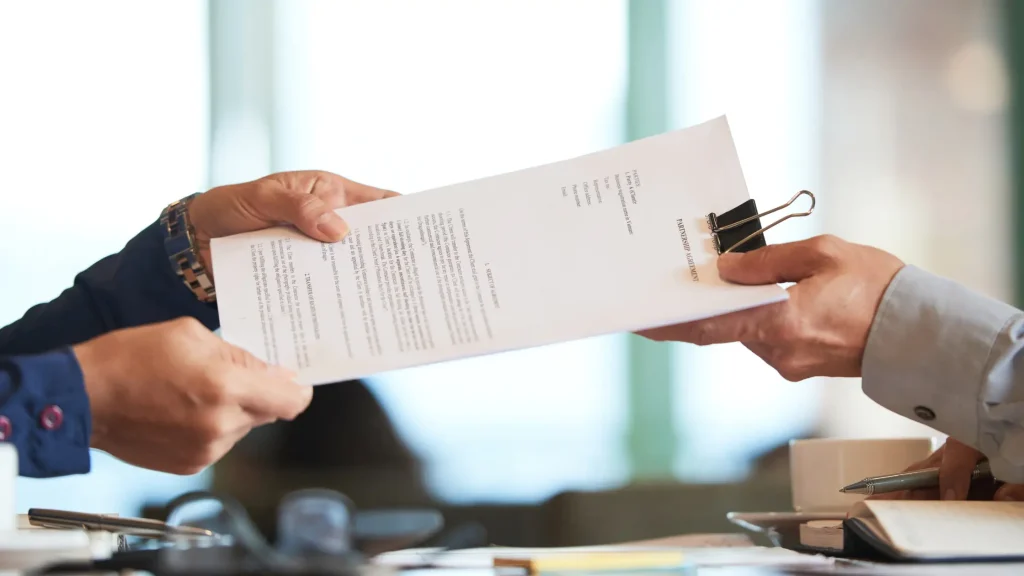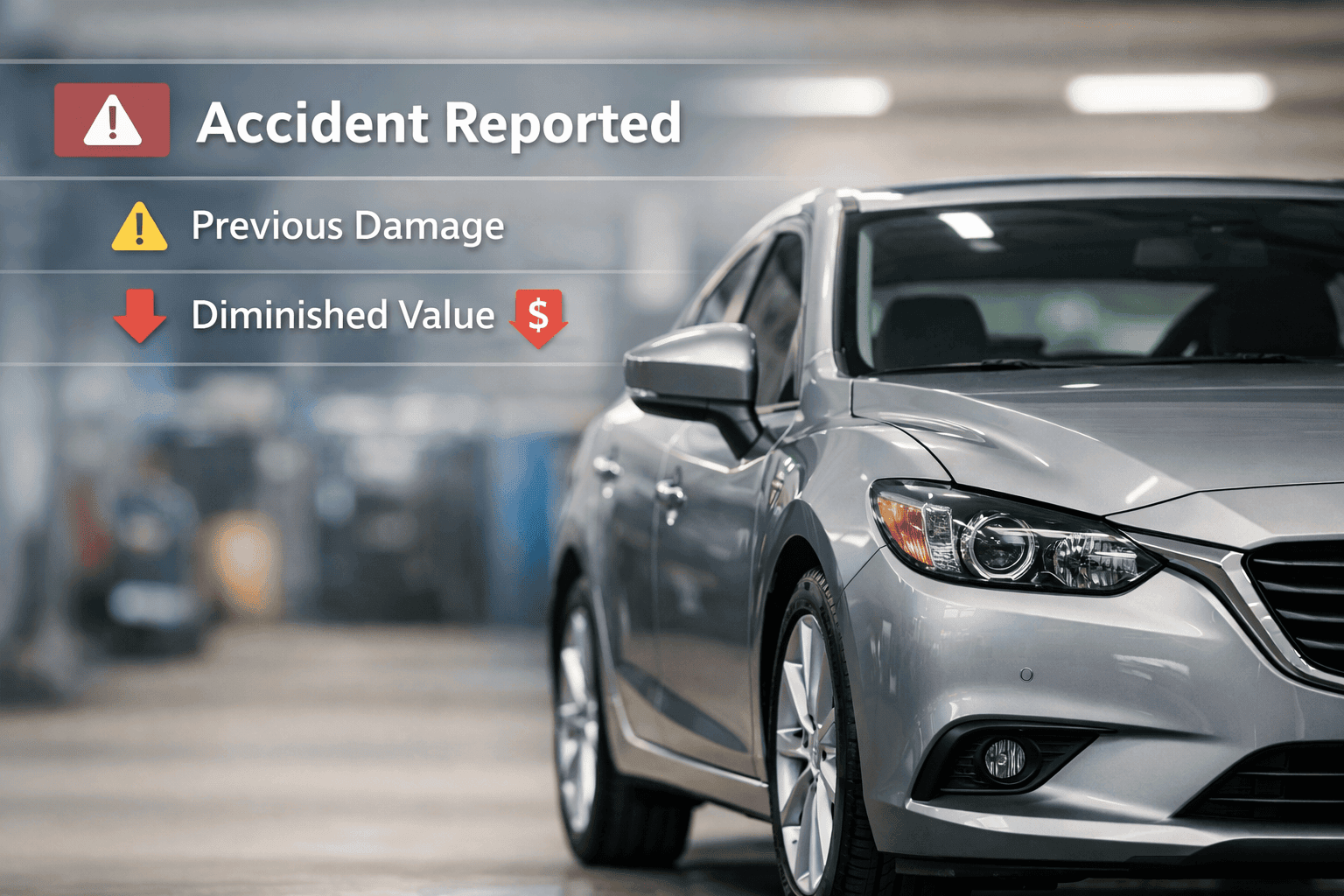In the realm of insurance claims, especially when dealing with appraisals, the question of whether experts should exchange reports before involving an umpire is critical.
This is particularly pertinent when one party, usually the insurer, has access to the insured’s report but does not reciprocate by sharing their own. Such practices can lead to significant imbalances and perceived unfairness in the appraisal process.
This blog post will explore the relevant laws and regulations that address this issue and advocate for transparent and fair handling of insurance claims.

Legal Framework for Fair Claims Settlement
1. California Code of Regulations, Title 10, Section 2695.7 – Standards for Prompt, Fair, and Equitable Settlements:
This regulation mandates that insurers handle claims in a manner that is prompt, fair, and equitable. It explicitly requires that all claims be processed and settled based on fair and equitable treatment, which includes the exchange of pertinent information between parties involved in a claim. By having access to the insured’s report without providing their own, insurers are not adhering to this standard, thus creating an imbalance in the process.
2. California Code of Regulations, Title 10, Section 2695.4 – Representation of Policy Provisions and Benefits:
This section requires insurers to inform claimants about all benefits, coverage, and provisions that might apply to their claim. Transparency is key here. By withholding their appraisal while requesting the insured’s, insurers are not providing full transparency in the claims process, which is a requirement under this regulation.
3. California Insurance Code Section 790.03(h) – Unfair Practices:
This section lists specific unfair claims practices, including “not attempting in good faith to effectuate prompt, fair, and equitable settlements of claims in which liability has become reasonably clear.” By not providing their appraisal report while demanding the insured’s, insurers may be seen as not acting in good faith and not facilitating a fair and equitable settlement process.
The Case for Exchange of Reports
The appraisal process is designed to resolve disputes fairly and impartially. When one party has access to the other’s report without reciprocation, it can lead to unfair advantages and delays in settlement. Here are key reasons why reports should be exchanged before involving an umpire:
1. Ensuring Equal Footing:
- Both parties should be on an equal footing to ensure a fair and unbiased appraisal process. By exchanging reports, both the insurer and the insured can review and understand each other’s positions before proceeding to an umpire.
2. Promoting Transparency:
- Transparency is fundamental in insurance claims handling. Exchanging reports promotes openness and helps build trust between the parties. It also aligns with the legal requirements for transparency and fair dealing.
3. Facilitating Fair Settlements:
- When both parties have access to each other’s reports, it encourages more meaningful negotiations and can lead to quicker, fairer settlements. It prevents unnecessary delays and ensures that both parties are working towards an equitable resolution.
4. Upholding Good Faith Practices:
- Acting in good faith is a cornerstone of the insurance industry. Providing the insurer’s appraisal report while having access to the insured’s report aligns with the principles of good faith and fair dealing, which are mandated by law.
Conclusion
In conclusion, the exchange of appraisal reports before involving an umpire is not just a matter of best practice but is also supported by legal frameworks designed to ensure fairness and transparency in insurance claims.
Insurers must adhere to these regulations to maintain trust and uphold the integrity of the claims process. By doing so, they can ensure that disputes are resolved equitably, promoting a fairer and more transparent insurance industry.
For more detailed information, you can refer to the California Code of Regulations, Title 10, Section 2695.7 and the California Insurance Code Section 790.03(h).




